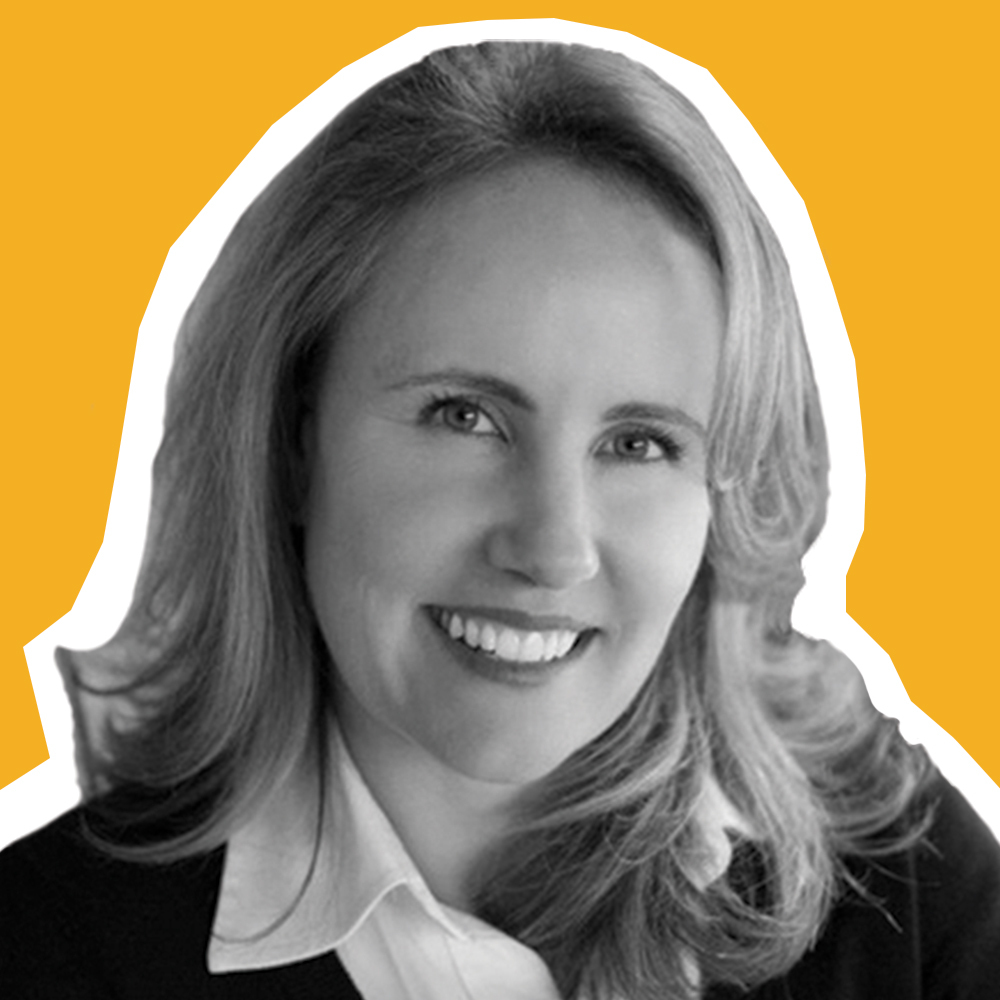The economic disparities and social injustices that disproportionately affect Black communities reached new heights during the pandemic. As we work towards recovery, there has never been greater urgency for businesses to rebuild the economy with diversity, equity and inclusion (DEI) at its core.
To better learn about the role that each of us can play in spurring this change, I sat down with Tiffany R. Warren, EVP, chief diversity and inclusion officer for Sony Music Group and founder and president of ADCOLOR. As a champion of equity and inclusion policies, Tiffany has experience guiding businesses toward a culture that embraces the power of diversity.
Arielle Gross Samuels: At the intersection of Covid-19 and the long-overdue racial justice reckoning in the U.S., 2020 was a wake-up call for corporate America. What can business leaders learn from this period in history to restructure the economy around diversity, equity and inclusion?

Tiffany R. Warren: In multiple industries, I’ve seen DEI treated as a passive interest. Instead of being at the table where major business decisions are made, DEI was often layered under HR. When you’re asking someone to promote equity in an organization but don’t give them equitable visibility and authority, you’re sending a double message to your employees and consumers.
I often say one of the milestones of equity is giving the DEI officer an equitable seat at the table alongside other leaders. As I got closer to that room in my career, my power to effect change became greater.
The pandemic took a disproportionate toll on businesses—with Black-owned businesses shuttering at two-times the rate of non-diverse businesses. What can people do to support Black-owned businesses in their communities?
You have to make an intentional effort to support Black-owned businesses all year and not just during February. Audit your life and consider what you can purchase that impacts a Black-owned business. Instead of getting your candles from a major company, consider shopping from a Black-owned brand like Harlem Candle Company. If you’re comfortable sharing your personal audit, you’ll be encouraging others to do the same.
A critical decision that businesses make every day is how to spend their money. What can businesses do to diversify their spending power?
Working with diverse partners is a concept that more companies should embrace. There’s often a focus on celebrating minorities, but not always on reaching back. Reaching back isn’t just about having a diverse team, it’s also about diversifying your suppliers and customers as well as using your cultural influence.
There can be uncertainty about who to support, but there are various outlets that bring together information about businesses of color. A resource I use is the website One Sandbox, developed by my great friend, Doug Melville, VP, head of diversity and inclusion at Richemont Group. Doug doesn’t just gather diverse suppliers, he also curates information about diversity, equity and inclusion.
As we rethink ways to embrace equality, how can organizations empower people at every level to improve DEI?
There’s plenty of things that companies can do that may seem really simple. Just look at contractual language. There’s the term “master services agreement” which seems so innocuous that many of us don’t think twice about it. But “master” has its origins in slavery. When you look at how you’re contractually talking to people, whether or not they are people of color, that’s a place you can start promoting DEI.
Another way to support DEI is by making sure that the data you’re collecting is intersectional. For example, instead of just looking by gender, look by gender and race. You’ll find a huge gap in the support, initiatives and programming for groups of people that often go unseen by data.
This is a responsibility and opportunity for everyone in an organization to break new ground, no matter their role. There’s going to be more diversity firsts. As Vice President Kamala Harris said, “While I may be the first, I won’t be the last.” If we create a culture of inclusivity, instead of a huge celebration for the first, it’ll become a celebration of the next. We’re in a really beautiful time and I’ve never been more hopeful for my discipline.
Tiffany shared enlightening ways on how we can all work towards building a more diverse and inclusive future. To learn more about what you can to do uplift diverse businesses and communities, visit Facebook’s Business Equality hub.



































































